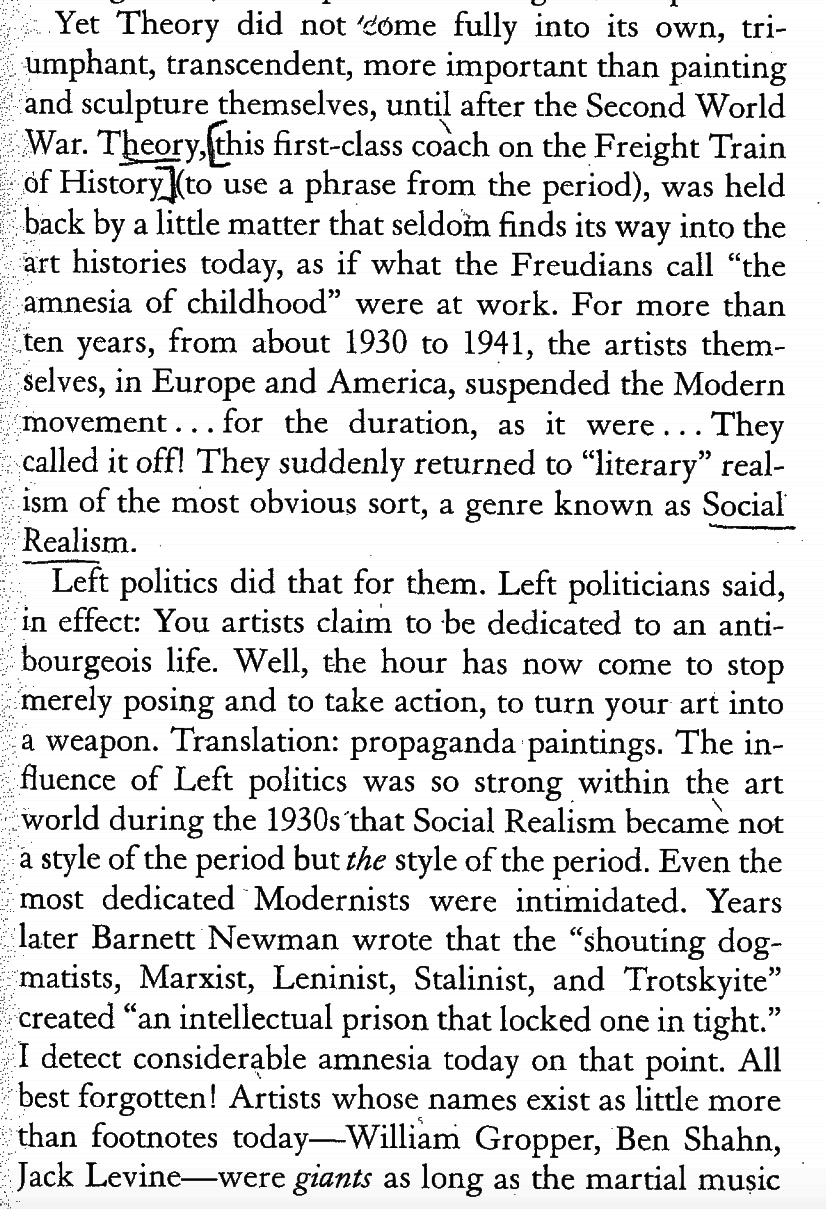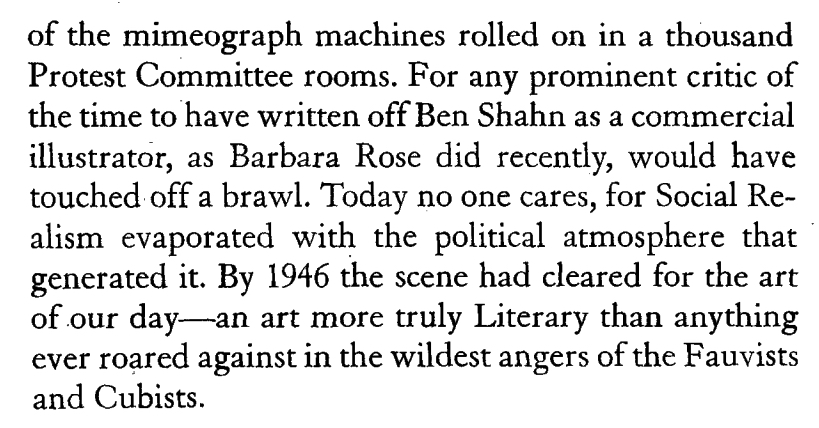Ghastly life masks of (top row) Dennis Hopper, Laurence Olivier, Bob Hope, Dustin Hoffman, Tor Johnson; (bottom row) David Letterman, Fredric March, Fred Astaire, Robert DeNiro, Robert Duvall. They all look horrific.
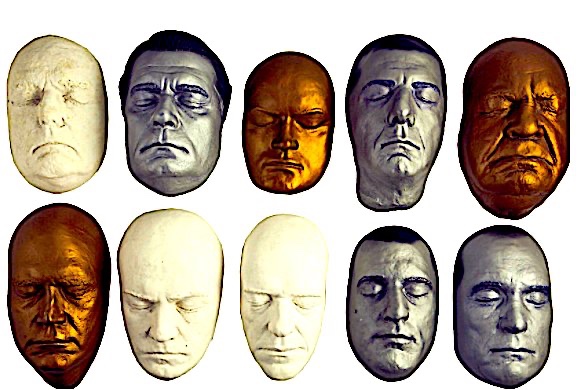
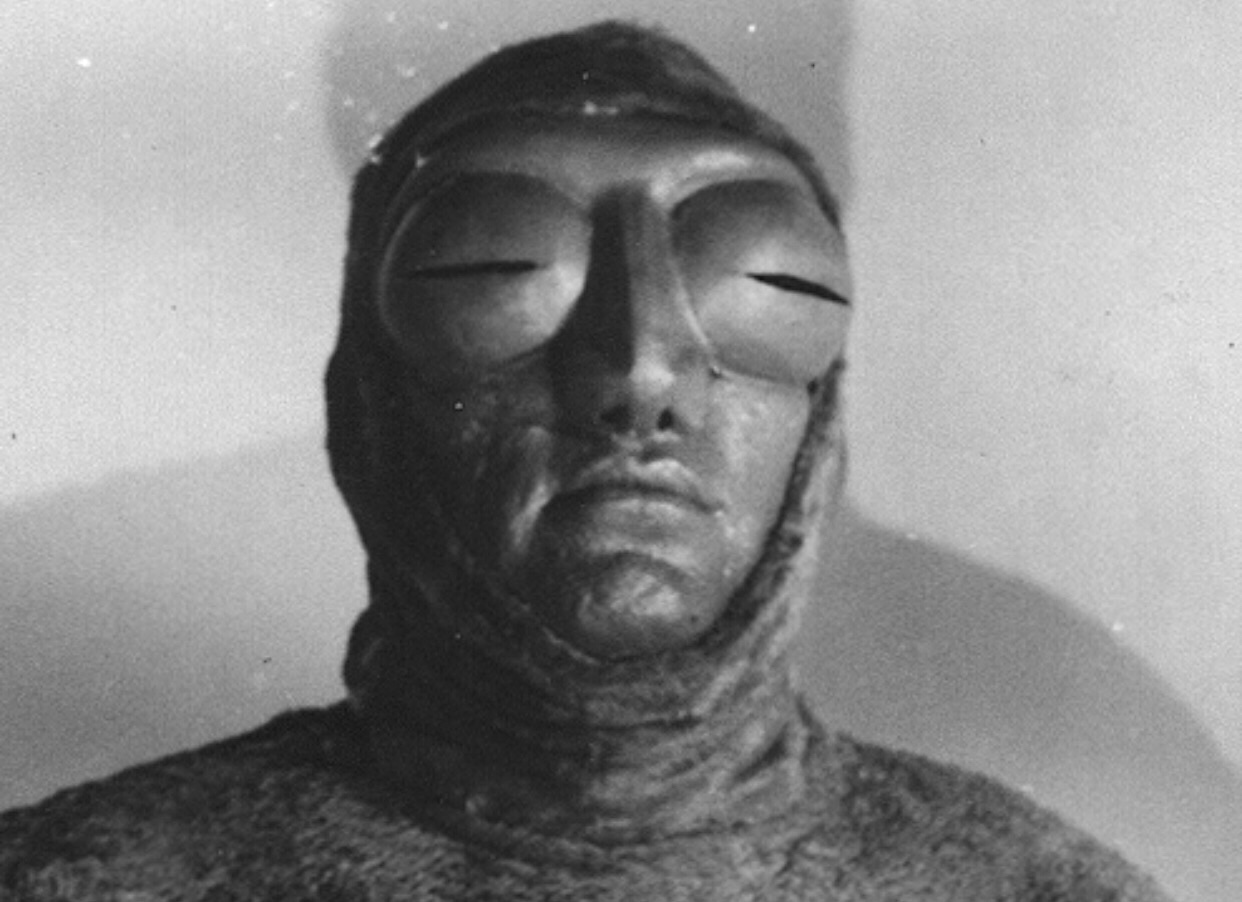
Ghastly life masks of (top row) Dennis Hopper, Laurence Olivier, Bob Hope, Dustin Hoffman, Tor Johnson; (bottom row) David Letterman, Fredric March, Fred Astaire, Robert DeNiro, Robert Duvall. They all look horrific.


A month ago World of Reel ‘s Jordan Ruimy reported that Thierry Fremaux was looking at bumping the 2021 Cannes Film Festival from the present July slot into October. Now Showbiz 411’s Roger Friedman is reporting the same thing. I’m sorry but how can Cannes be viable in the immediate wake the big four fall festivals (Venice, Telluride, Toronto, New York)? Best to plan for May ‘22.
Roughly 30 years before Hollywood Elsewhere became a huge, earth-shaking deal, I ran into the great Marty Feldman at Izzy’s Deli (1433 Wilshire Blvd., Santa Monica). It was sometime in early ‘75, 9 or 10 pm. The place was fairly crowded. I had ordered and eaten, and was alone at a table for four. On top of which I was in a sullen mood, reading something. The gracious thing, of course, would have been to sit at the counter.
Anyway suddenly there was bug-eyed Marty Feldman, half leaning over and asking if I was feeling well and good. “Good?” I replied. “Yeah, I guess. Why do you ask?” Marty (not missing a beat): “Because we’d like to join you.”

I knew who he was, of course. And I knew, of course, that he was basically nudging me along. He was saying what Eyegor’s father used to say to his son…”What the hell are you doing in the bathroom day and night? Why don’t you get out of there and give someone else a chance?” Except he was actually saying “uhm, Izzy’s is very crowded and here we are, four fine people looking to spend a bit of money on Izzy’s food, and you’re being a table hog.”
Being the sullen type, I ignored Feldman’s suggestion about sharing the table because it seemed inconceivable that he and his wife (accompanied by another couple) were even vaguely interested in my company. So I grumpily took the hint, got up, paid the bill and walked out.
After watching the Last Remake of Beau Geste Bluray I was saying to myself, “Idiot! You could’ve smiled and said ‘sure, sit down!’ and spent a few minutes with a great fellow and his wife and friends before beating a graceful exit. Brilliant, Jeff!”
But that was me back in those days. Morose, depressed, vaguely self-loathing.
Update: HE commenter “Jeff” reminds that Izzy’s was called Kenny’s in the mid ’70s, and that Kenny is/was the dad and Izzy is the son. I’d forgotten this completely.
I never saw Marty Feldman‘s The Last Remake of Beau Geste, a surreal genre farce, when it opened in mid July ’77. I was scared away by critics who said it was inventive but overly broad and not funny enough**. They also complained that swollen-eyeballs Feldman was better as the offbeat comic ensemble guy than a star — that he didn’t have the charisma or gravitas or whatever.
And so, to be honest, I was a little bit reluctant to sit down with a recently arrived Kino Lorber Bluray version. But I’d heard that the commentary track by director-writer Alan Spencer was exceptional, and so I finally watched it last night. The Spencer version, I mean, and I was knocked dead flat by how enjoyable it all felt.
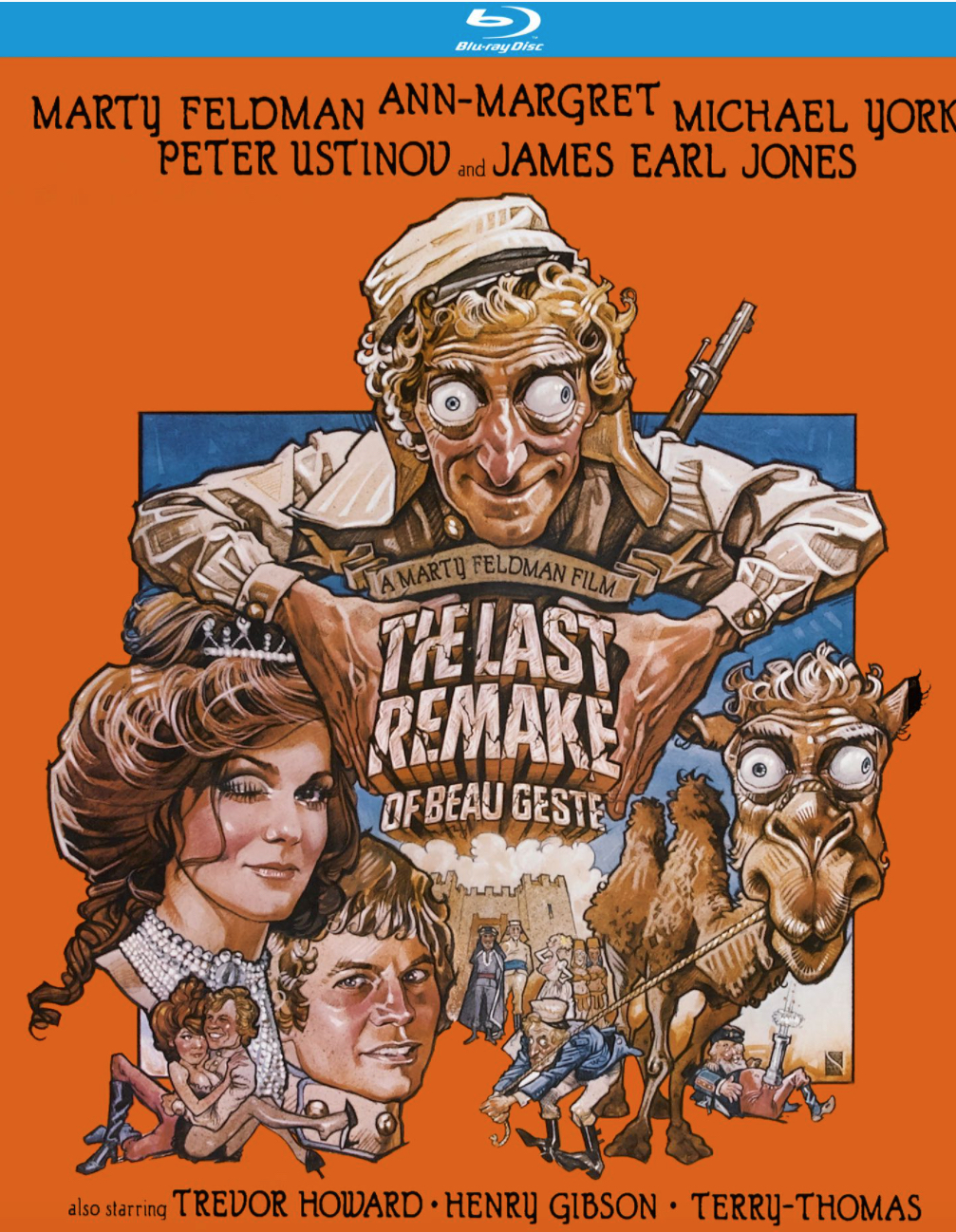
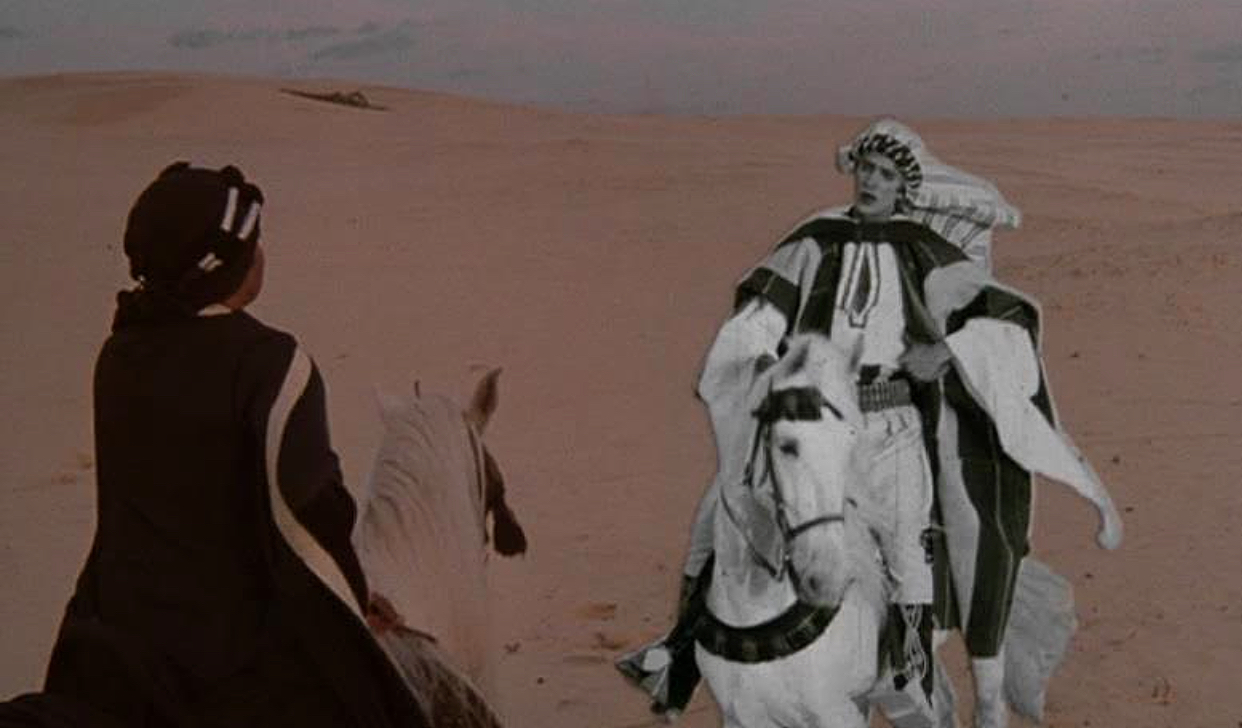
Really. Seriously. I sat right up on the couch and stayed that way all through, pretty much marvelling at how wise and intimate, amusing and flavorful Spencer’s recollections were, start to finish. This may be the wrong thing to say, but Spencer’s guide-tour version of Feldman’s film is so good that I almost don’t want to watch the pure-Feldman version. Yup — definitely the wrong thing to say.
Just for emphasis: Spencer’s Beau Geste is the best Bluray audio commentary I’ve listened to (and savored) since the heyday of audio commentaries between the mid ’90s and early aughts. It’s as nourishing as John Frankenheimer’s The Train commentary track, which I first heard in the mid ’90s on laser disc. It’s also in the same realm as the Steven Sodebergh-Lem Dobbs commentary for The Limey, and the Soderbergh-Mike Nichols commentary for Catch 22.
Everything Spencer passes along is droll and assured and totally first-rate — hugely engrossing, no flat spots, dryly amusing, chocked full of knowledgeable inside info about Feldman’s feverish creativity and the big fight he had with Universal when they went behind his back and cut and released their own version of the film, which was more on-the-nose conventional and less crazy-surreal-Pythonesque, as Feldman intended.
I wish someone could resurrect the original “Martyr” Feldman version, which used a flashback structure.
The Spencer journey isn’t just an informative listen but an emotional one, as Feldman and Spencer were friends and allies. Feldman befriended a teenage Spencer when the latter snuck onto the 20th Century Fox set of Young Frankenstein in ’73, and from that point on they were bruhs until Feldman’s heart-attack death in late ’82, at age 48.
Tonight I’ll be listening to Spencer’s narration track of Feldman’s In God We Tru$t (’80), which I also ducked. The commentary is more serious as heavier stuff went down during the making of this modest, unsuccessful comedy.
In a Promising Young Woman thread, I noted this morning that ’20 and early ’21 have been an especially weak year for the kind of rich undercurrent award-season films that less–than–woke, middle–class people (including X–factor types like myself) tend to respond to and pay to see.
For since wokeness began to take hold in ’18 and certainly since the pandemic struck 13 months ago, the movie pipeline has been losing steam and under-providing, to put it mildly. Nothing even approaching the level of Spotlight, Manchester by the Sea, Call Me By Your Name, Dunkirk, Lady Bird, La-La Land, the long cut of Ridley Scott‘s The Counselor, Zero Dark Thirty or Portrait of a Woman on Fire has come our way from domestic filmmakers. **
Above and beyond an array of pandemic suffocations, a significant reason for the strange absence of robust cinema, for this general faint-pulse feeling, is (wait for it) wokeness and political terror.
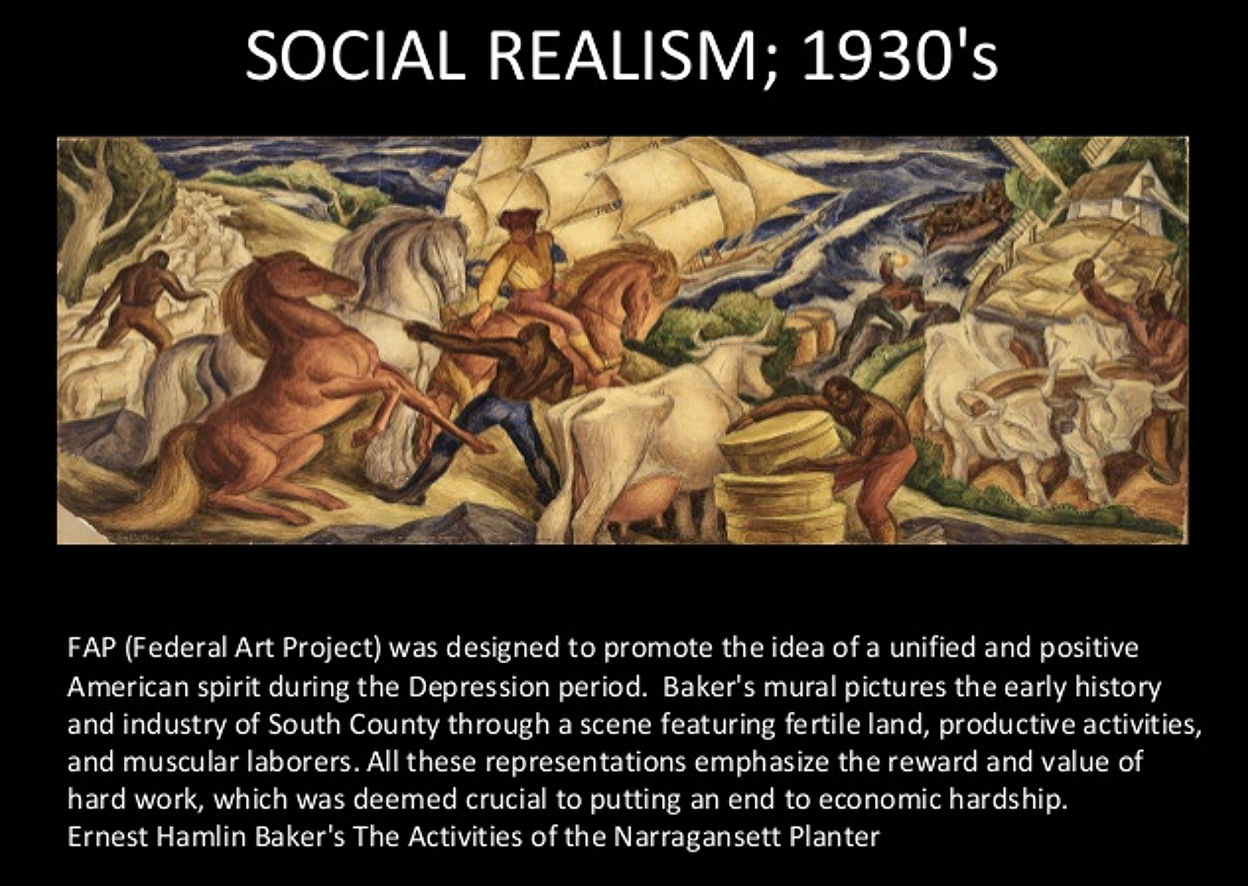
Wokeness might be good or (sadly) necessary for social change, but it’s not much of a propellant for the creation of knockout award-season flicks that really reach out and touch Joe & Jane Popcorn.
The bottom line is that the erratic pursuit of sweeping, penetrating, soul-touching art (a rare achievement but one that has occasionally manifested over the decades) has been more or less called off, it seems, because such films or aspirations, in the view of certain #MeToo and POC progressives, don’t serve the current woke-political narrative.
You can dismiss the previous three paragraphs as a typical, broken-record HE rant. But there is, in fact, a historical precedent for what’s going on right now, and it’s nicely recounted on page 30 and 31 of Tom Wolfe‘s “The Painted Word“.
The passage is only two paragraphs long. Would you like to read it? Because what happened in the modern art world in the 1930s — i.e, the dominance of “social realism” — precisely mirrors what’s going on today.
For upscale, sensitive-person, social-reflection dramas have fallen under the influence of a new form of ’30s social realism and, it could certainly be argued, are being used to illustrate and argue against social ills that wokesters regard as evil and diseased. The result has been a new form of enlightened propaganda cinema. (Feel free to supply your own examples.)
It’s almost astonishing to read Wolfe’s description of the “social realism” movement of the ’30s because the same damn thing is happening right now.
For the making of cinematic art, like canvas art of the ’30s, has been more or less (or at least partly) “called off” in favor of serving the woke/thought revolution. For film artists of today, to paraphrase an old Barnett Newman observation about the ’30s, are residing “in an intellectual prison that [locks them] in tight.”
Read the following “Painted Word” passage and tell me this isn’t a dead-to-rights portrait of 2021:
